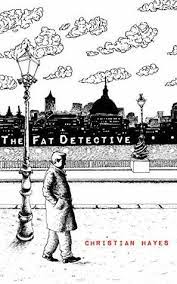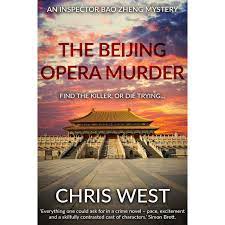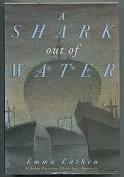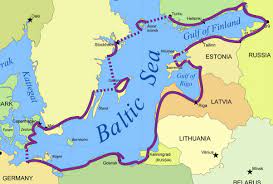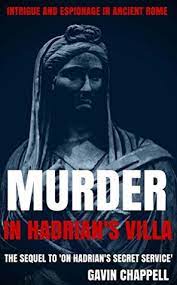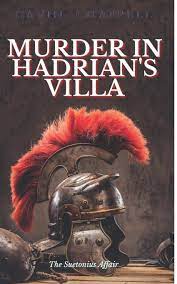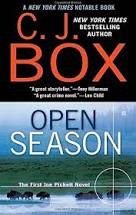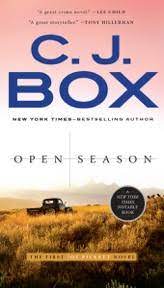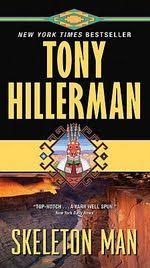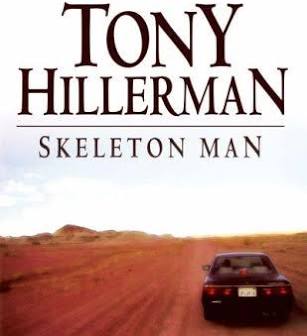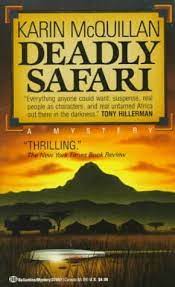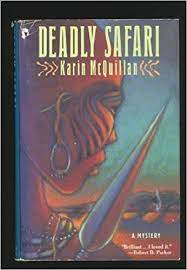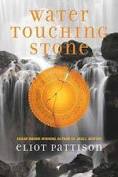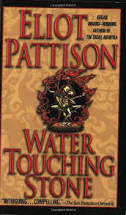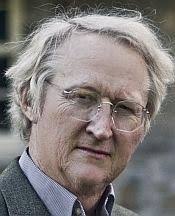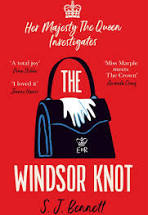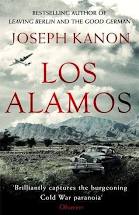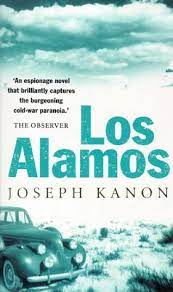The Fat Detective (2018) by Christopher Hayes
GoodReads meta-data is 161 pages, rated 3.59 by 593 litizens.
Genre: krimi
Verdict: Offbeat, very.

Morbidly obese, incompetent accountant Eugene daydreams about escaping the rut of an hour-long commute on the crowded, dirty, smelly, and unreliable Tube where people sneeze on him to work, a cold sandwich downed at his hot desk in an open-plan zoo between associates struggling not to bump into his ungainly bulk. That bulk may well be the only reason he hasn’t been fired, the firm fearing some kind of law suit for discrimination against the fat.
Eugene lives with his grandmother to save money, so poorly paid is he. His co-workers shun him, and it is easy to see why. He is painfully inept, tongue-tied, sloppy, and, well, not very bright. The tomato sauce stains on his shirt are ever present. ‘I’m a Loser’ is his theme song.
Into this downward spiralling life comes a wind, well, a breeze, of change. After work one day, during a cloud burst he ducks into a bookstore where he comes across a krimi he read years ago when he was a student, and thumbs through it, recalling something of the story and savouring the recollection of his youth when he read it. The rain stops, and as he heads toward the dreaded Tube, and because he went into the bookstore he walks along a street he usually does not, passing an Op Shop which has a men’s trench coat in a window display. More rain is in the offing and he is surprised to find that the coat encompasses his XXXXL+ girth. ‘Sold!’ and as he walks along he feels a surge of energy – a new experience for him.
Strange. Remember Jackie Chan’s The Tuxedo [2002]? Not quite as powerful as all that but a surge nonetheless.
Moping in his room, as he does every night, stuffing his face with greasy food and slurping gigantic sugar-laced sodas, trawling the web, when nearly unconsciously he types an advert onto an internet market place as a PI.
Imagine his surprise when a few nights later, surrounded by pizza boxes and double whopper colas, he gets an imperious response to this notice, instructing him to arrive at an address at 11 a.m. tomorrow morning…alone. Taking time off work, sure that no one will miss him, he meets Melissa who sets him to find her missing husband, a highly paid and successful surgeon, who has been gone for weeks. Did I mention that Eugene is also a virgin and naive to boot. He will do anything she says if he can fathom it.
Trouble is that Eugene has no idea what to do, desperately trying to remember the detective books and films he has read and seen for inspiration. He is not very good at that either: Mumbling, stumbling, scratching. It does eventually occur to him to ask around among husband’s colleagues. However, his near total lack of personality means most ignore him even though with his size he is hard to miss.
He is altogether a loser, but somehow…. Yes, he has the luck of the stupid, and by chaotic shambling he uncovers the plot, and it is resolved with very little help from him. There is an adage in sports that a better opponent brings out one’s own best game. One plays up, or tries to do so, to the competition. Eugene does something like that.

It is unusual and unexpected and diverting. It includes a novel within the novel, namely that 1940’s noir he found in the bookstore in a tour de force. I did read it all and that in itself is a recommendation from this impatient reader. There is a sequel but I have not bit yet. Perhaps I will.
[A week later.] I did, very similar to the above but with unexpected touches like the cab stand at Russell Square, at which I remember once waiting far too long before dawn on a wet day for a ride to Heathrow.

